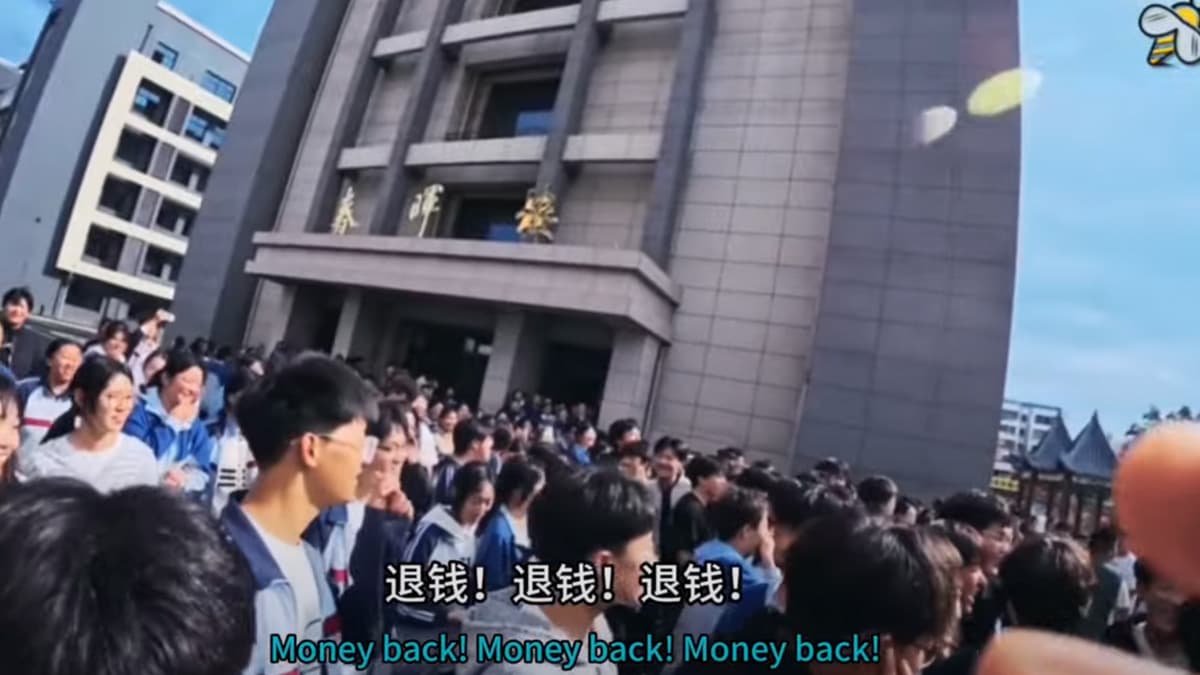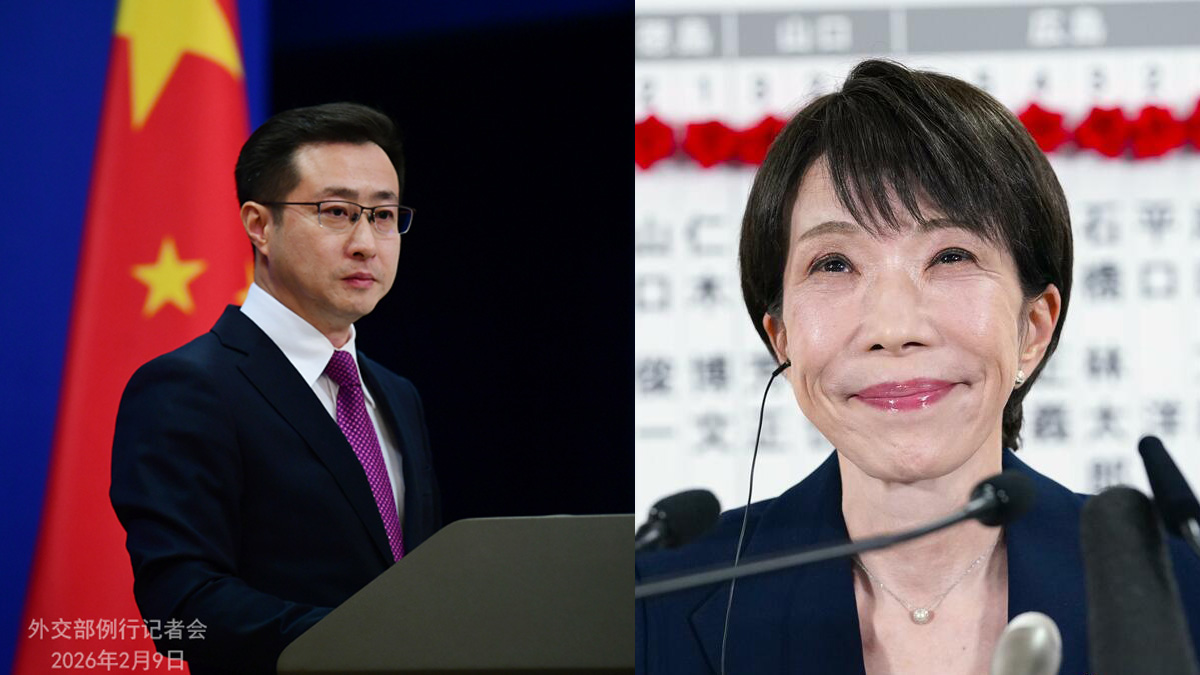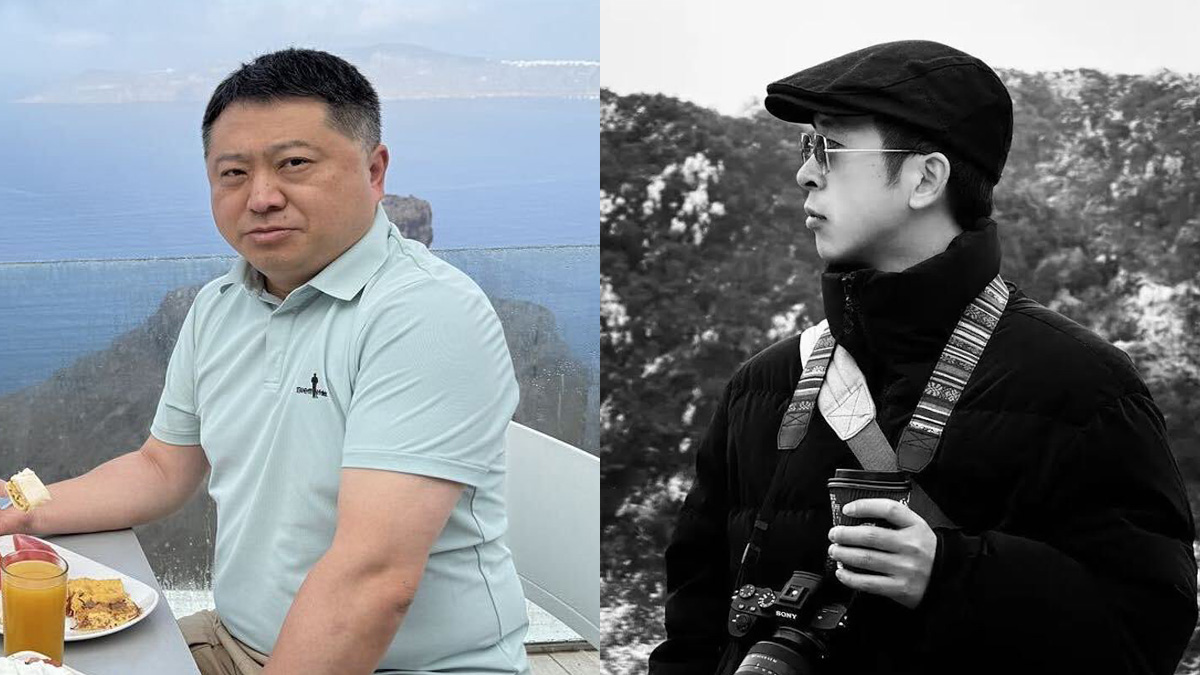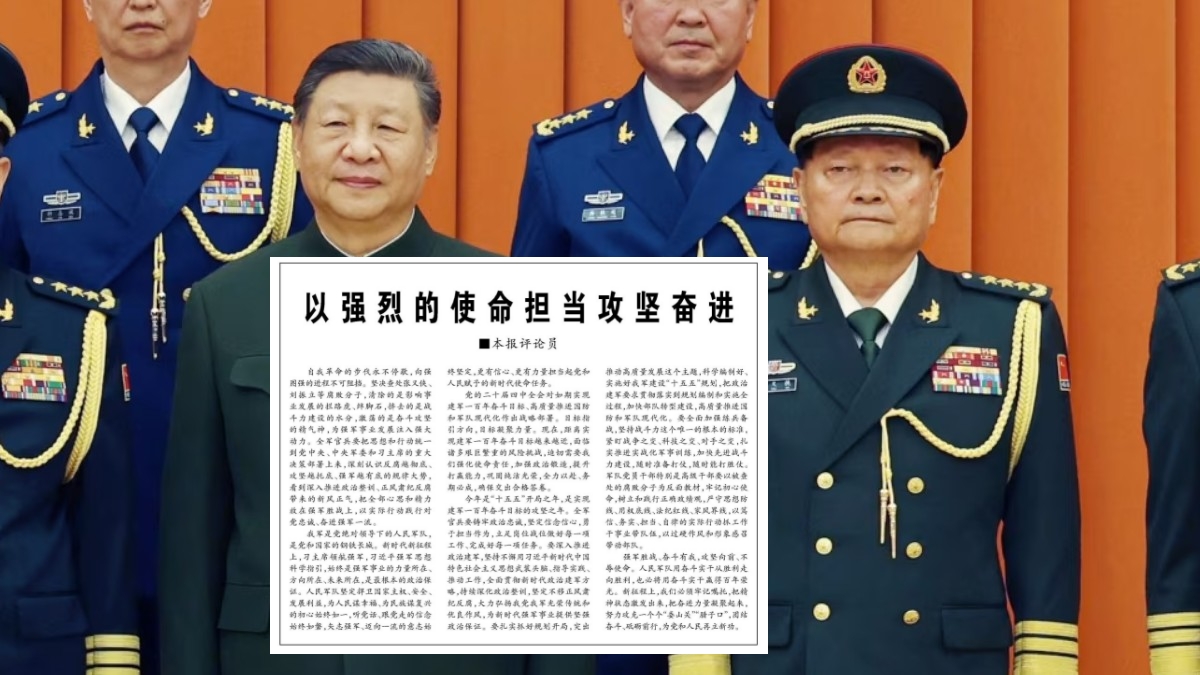Students force school to back down after rare protest against ‘holistic education’ reforms in Jiangsu
Hundreds of students at Tongbei Middle School in Jiangsu staged a rare two-day protest against a controversial teaching model introduced by an external firm. Their actions led to the dismissal of the school principal and director of teaching.

- Students at Tongbei Middle School in Xuzhou, Jiangsu, protested against a new "interactive group learning" model.
- The model was introduced by an external agency, leading to complaints of inefficiency and administrative overreach.
- After two days of protest, the school dismissed the principal and director of teaching.
Hundreds of students at Tongbei Middle School in Tongshan District, Xuzhou, Jiangsu Province, staged a rare collective protest this month. The action, directed against a newly implemented “interactive, group-based teaching model”, lasted two days and ultimately led to the dismissal of the school’s principal and director of teaching.
According to multiple student accounts, the protest was sparked by widespread dissatisfaction with a teaching and management reform introduced by an external body known as “Holistic Education” (全人教育). The group had recently been brought into the school to promote a new pedagogy model emphasising student-led discussions, group work, and peer facilitation.
The reforms included strategies such as “guidance-based classes” (導流課堂), “cooperative learning” (合學), and “peer-led instruction” (領學). In practice, these meant that teachers would assign tasks, students would form groups, and designated “learning leaders” among the students would conduct classroom discussions, with teachers acting in a supporting role.
Students criticised the approach as ineffective and overly performative. Many reported that these sessions led to superficial engagement, with group leaders going through the motions while classmates pretended to participate.
The model was seen as particularly disruptive for senior students preparing for the gaokao, China’s rigorous national university entrance examination.
Some teachers also voiced concern over the changes. Reports circulated among students that certain staff had their wages withheld for non-compliance with the new teaching model. One director of teaching who resisted the model was reportedly dismissed prior to the protest.
Tensions came to a head on 15 November, when the school’s principal — appointed under the Holistic Education programme — allegedly insulted a teacher during a classroom observation. Witnesses said the principal publicly berated the teacher and disparaged the students' academic prospects, declaring they were unlikely to gain university admission.
This provoked immediate backlash from the senior students. Several hundred high school students from the Year Two cohort, who are just months away from sitting the gaokao, staged a walkout and congregated outside the principal’s office, chanting slogans and demanding accountability.
The following day, the protest escalated. Students marched to Zhengji Secondary School, which holds administrative oversight over Tongbei Middle School, and held a peaceful demonstration. Protesters chanted “Return the money” and called for an end to the school’s collaboration with Holistic Education. Video footage from the scene showed an orderly but emotionally charged crowd.
Faced with growing pressure, the school administration relented by the second day of protests. It announced the dismissal of both the principal and the director of teaching associated with the Holistic Education initiative. Students then dispersed, and regular classes resumed.
The event has drawn significant attention online, as student-led protests of this scale are rare in China’s tightly controlled educational environment. While authorities have yet to make a formal statement, the incident has opened broader discussions on educational reform and student agency.
It also highlights growing tensions between standardised academic goals and experimental pedagogies promoted by private education consultants. Critics argue that such programmes, when implemented without adequate consultation, risk disrupting students' learning and creating institutional conflict.







